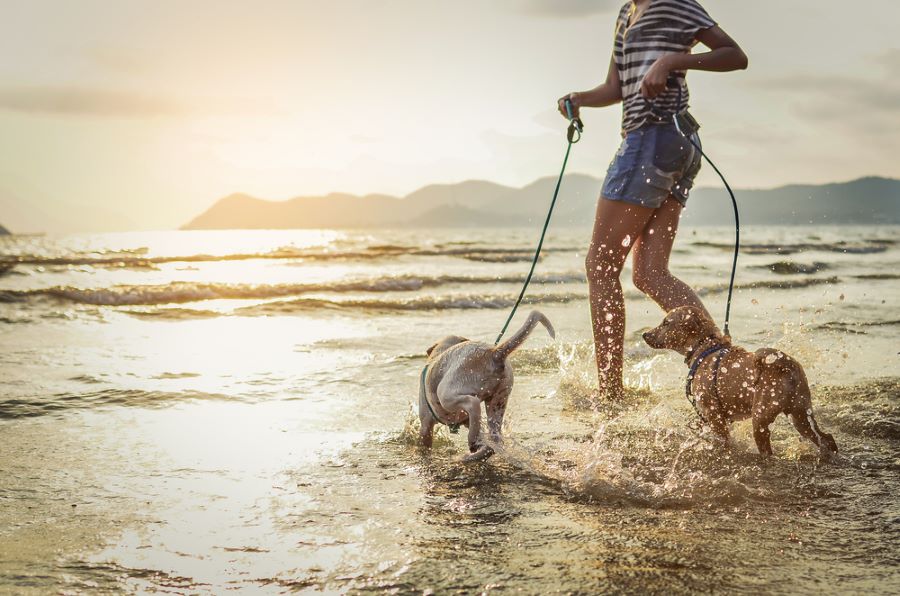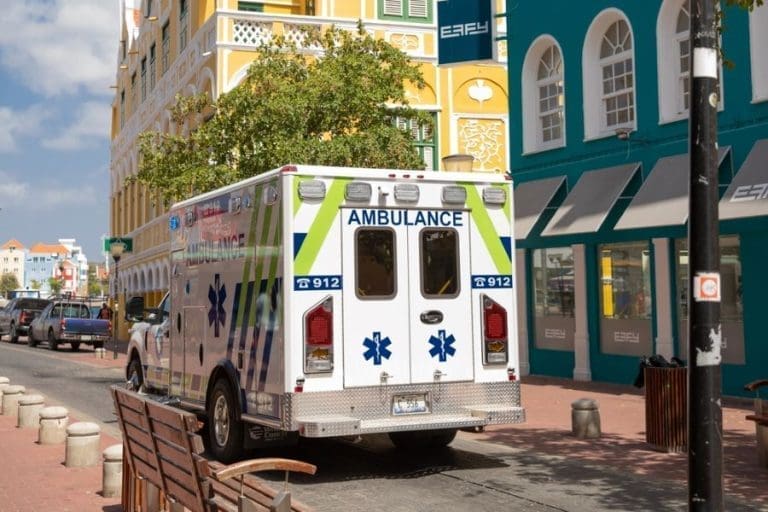Essential documents required to enter Curaçao with my pet

To be able to pass immigration with your pet, be it a cat, a dog or other, To facilitate the importation of a canine, feline, or mustelid into Curaçao, the animal must adhere to the
A valid international veterinary certificate, officially issued by the Veterinary Authority and endorsed by the designated official veterinarian, is obligatory to be with your pet. The certificate should be signed by the official veterinarian and endorsed by the Veterinary Authority, with a maximum validity period of two (2) weeks.
- The animal must have a microchip and be electronically registered. The chip must comply with an ISO 11784/11785 standard, and the health certificate should include the microchip number and the date of application. A personal pet can be brought into Curaçao without the need for an import permit.
- The importation of dogs and cats from South and Central America, with the exception of Suriname, is strictly prohibited.
- Importation of animals younger than 15 weeks is strictly prohibited. At a minimum age of 12 weeks, the animal must have received a rabies vaccination, using an inactivated product administered no less than 21 days prior departure. The vaccination should have been inserted in the pet’s passport by the company that produces it with a validity period ranging from 12 to 36 months.
- The veterinarian must certify that the animal has been treated as per the manufacturer’s instructions using a registered systemic/oral or topical ectoparasitic agent, thus the pet must be completely free of ectoparasites.
The treatment should be of no less than 28 days efficacy. The treatment must be administered in the14 days proceeding your departure, and the health certificate should specify the date, time, as well as the medicine used for the treatment. - Following the treatments, your pet must be maintained in a parasite-free state, devoid of both ectoparasites and endoparasites.
- The Pet must be transported in an appropriate kennel that complies with the regulations set by the International Air Transport Association (IATA).
- Canines belonging to the pit bull terrier breed category cannot enter Curacao.
ENTERING BY AIR
Entry into Curaçao for pets is restricted to the Curaçao International Airport only. Upon arrival, all domestic cats and dogs must exhibit no signs of diseases that can be transmitted to humans, as determined during the examination conducted at the airport.
In the event that your dog or cat does not appear to be in good health, a licensed veterinarian may conduct a further examination, for which you will be responsible for any associated costs.
It is highly recommended to carry identification documents that establish ownership of your pet when traveling to a foreign country.
Other than cat and dogs
Birds, reptiles, invertebrates, amphibians, tropical fish, and some mammals such as rabbits and rodents are exempt from rabies vaccination requirements when entering Curaçao. However, these animals may still need to fulfill additional requirements and possess a health status certificate for entry. It is highly recommended that pet owners seek further information from the appropriate authorities in their own country as well as the destination country for specific guidelines and regulations.
For non-dog, non-cat, or non-ferret pets, particularly turtles or parrots, it is crucial to ensure that they are not covered by the regulations of the Convention on International Trade in Endangered Species of Wild Fauna and Flora, known as CITES.
If your pet belongs to a species protected under CITES, you will be required to obtain additional permits before bringing it to Curaçao. This international agreement safeguards approximately 200 species. Therefore, it is essential to verify the CITES protection status of your pet and adhere to the necessary permit application procedures.

